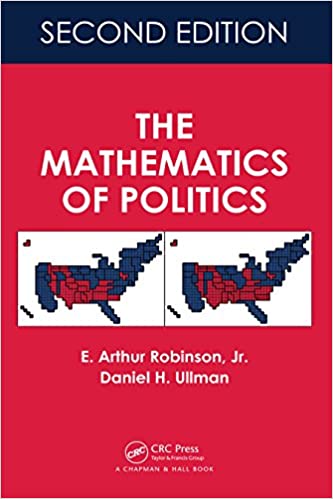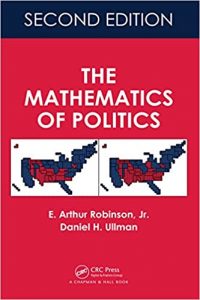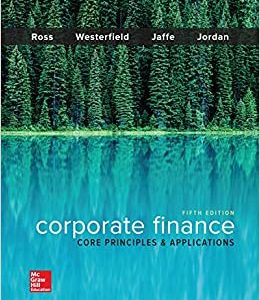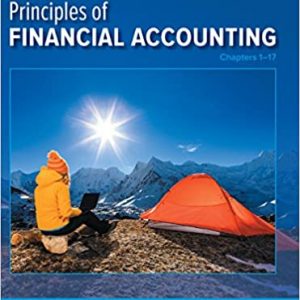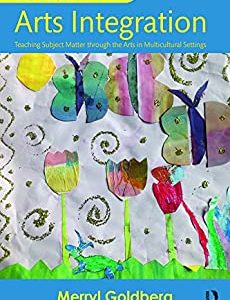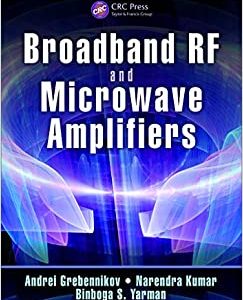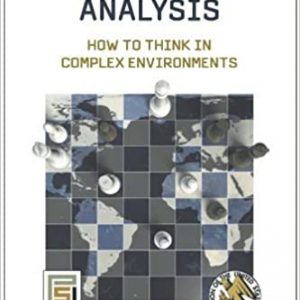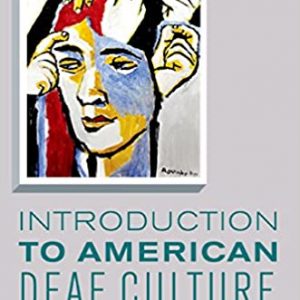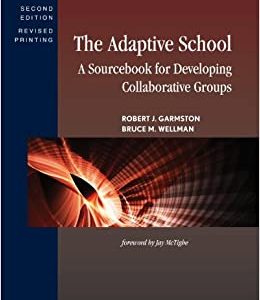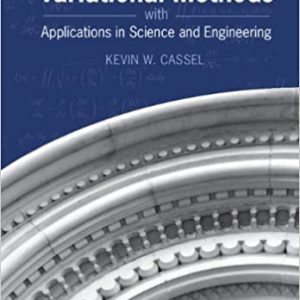It is because mathematics is often misunderstood, it is commonly
believed it has nothing to say about politics. The high school
experience with mathematics, for so many the lasting impression
of the subject, suggests that mathematics is the study of numbers,
operations, formulas, and manipulations of symbols. Those
believing this is the extent of mathematics might conclude
mathematics has no relevance to politics. This book counters this impression.
The second edition of this popular book focuses on mathematical reasoning
about politics. In the search for ideal ways to make certain kinds
of decisions, a lot of wasted effort can be averted if mathematics can determine that
finding such an ideal is actually impossible in the first place.
In the first three parts of this book, we address the following three
political questions:
(1) Is there a good way to choose winners of elections?
(2) Is there a good way to apportion congressional seats?
(3) Is there a good way to make decisions in situations of conflict and
uncertainty?
In the fourth and final part of this book, we examine the Electoral
College system that is used in the United States to select a president.
There we bring together ideas that are introduced in each of the three
earlier parts of the book.
Product details
- File Size: 7412 KB
- Print Length: 477 pages
- Simultaneous Device Usage: Up to 4 simultaneous devices, per publisher limits
- Publisher: CRC Press; 2 edition (November 18, 2016)
- Publication Date: November 18, 2016
- Language: English
- ASIN: B01MRDA5BI
- Text-to-Speech:
Not enabled

- Word Wise: Not Enabled
- Lending: Not Enabled
- #821
in Applied Mathematics (Kindle Store) - #2922
in Political Philosophy (Books) - #893
in Political Philosophy (Kindle Store)

